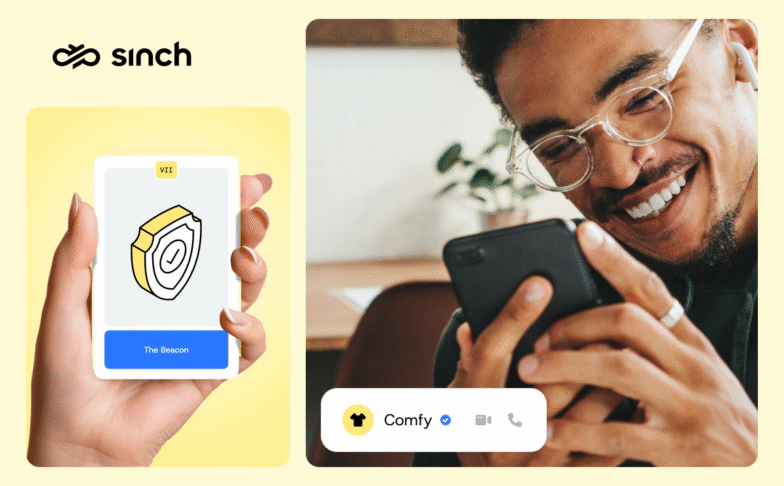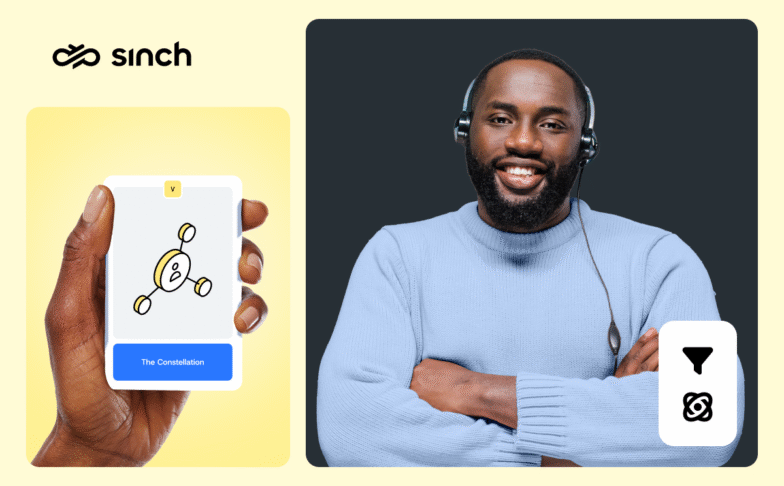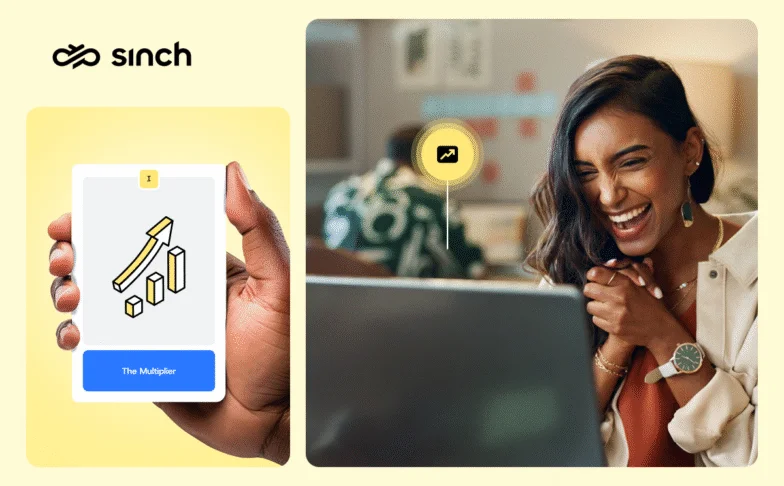Insights
How to send bulk messages on WhatsApp
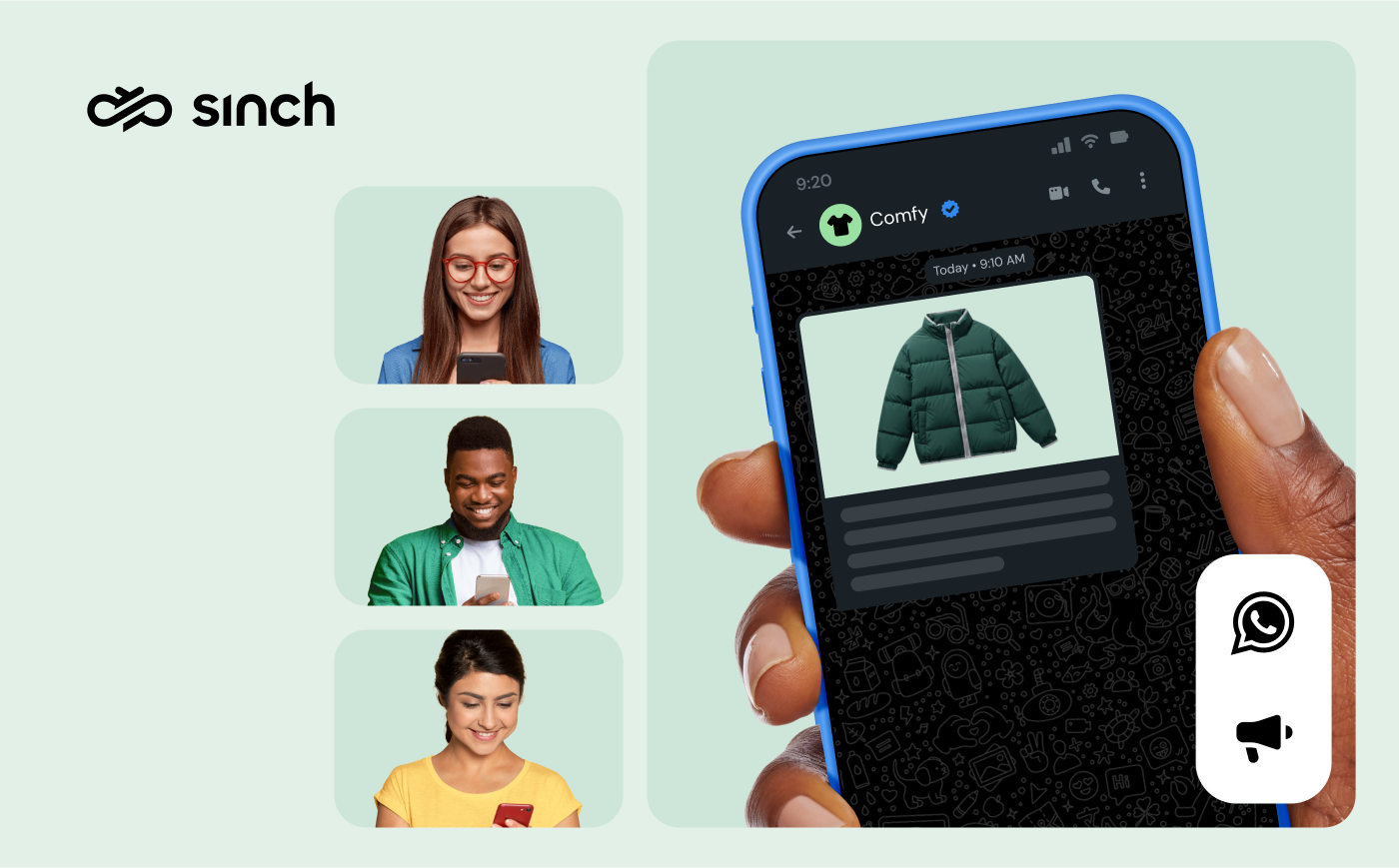
Looking for a WhatsApp bulk message sender that can handle high volumes? In this guide, we’ll show you the best tools for sending personalized WhatsApp messages to a large number of recipients without getting your account blocked.
Your marketing team just nailed the perfect WhatsApp campaign. The copy is crisp, the timing is spot-on, and you’re ready to reach thousands of customers.
Then you remember that the built-in broadcast feature on the WhatsApp Business app caps you at 256 recipients per list.
While you love that WhatsApp marketing offers incredible engagement – often exceeding 90% open rates, you’re frustrated that the platform’s in-app business tools weren’t built for serious marketing campaigns. You might have even seen people recommending modded WhatsApp tools on Reddit or Quora. But you hesitate to use them because they’re not officially approved, carry security risks, and don’t always deliver what they promise.
Fortunately, there are legitimate ways to scale your WhatsApp messaging without risking account suspension.
We’ll walk you through the two official solutions for WhatsApp bulk messaging, explain why unofficial tools could get you banned, and show you exactly how to choose the right approach for your business.
What are bulk WhatsApp messages?
WhatsApp bulk messages are broadcast messages that businesses send to multiple recipients simultaneously through a WhatsApp Business tool. Unlike regular one-on-one WhatsApp chats, bulk messages allow you to reach hundreds or thousands of customers with a single campaign.
These messages can include text, images, videos, GIFs, voice notes, and documents, making them more engaging than text-only marketing. You can use them for product announcements, promotional offers, appointment reminders, or customer updates.
WhatsApp bulk messages aren’t the same as spam or unsolicited messages. Legitimate bulk messaging requires proper opt-ins from recipients and must follow WhatsApp’s business policies to maintain deliverability and avoid account suspension.
How to send bulk WhatsApp messages
When it comes to sending bulk messages on WhatsApp, you have three main options:
- Using WhatsApp’s native broadcast features through the WhatsApp Business app
- Accessing the official WhatsApp Business API
- Turning to unofficial third-party tools like GB WhatsApp.
The first two are legitimate, authorized methods that keep your account safe and compliant with WhatsApp’s terms of service. Unofficial solutions might promise unlimited messaging, but they come with serious risks that could permanently ban your WhatsApp account.
WhatsApp Channels are also a way to reach a larger number of people on the messenger app. However, Channels aren’t a campaign tool, they only offer one-way communication outside the personal chats, and it requires people to follow your business first before seeing your messages.
Let’s break down each approach so you can choose the right path for your business.
1. WhatsApp Business app broadcasts
The WhatsApp Business app includes a free WhatsApp broadcast feature that lets you send messages to up to 256 people in your contact list simultaneously. You simply create a new broadcast list, select recipients from your contacts, and send your message – complete with images, videos, or action buttons.
The major advantage? It’s completely free and requires no technical setup apart from having a WhatsApp Business account and the app installed on your smartphone.
The downsides are significant: Recipients must have your number saved in their contacts for marketing messages to deliver, you’re capped at 256 people per list, and there’s zero personalization or analytics. Plus, you risk account suspension if you send too many messages or receive spam reports from recipients who have your phone number saved.
Note that in many regions like the EU, the WhatsApp Business app isn’t compliant with data requirements like the GDPR.
2. Unofficial solutions like GB WhatsApp
Unofficial WhatsApp mods like GB WhatsApp promise enticing features that sound perfect for business bulk messaging – unlimited recipients, advanced customization, and “business-grade” tools at no cost.
Here’s the reality: These apps are developed by unverified third parties who gain access to your device and data and your customers’ information. You’re essentially handing over your business communications to unknown developers with zero accountability.
On top of that, the promised features often don’t deliver as advertised, and WhatsApp actively monitors for mod usage. Using GB WhatsApp or similar tools can result in permanent account suspension, leaving you unable to recover your business contacts or message history.
For businesses, the security risks alone – exposing customer data to unauthorized parties – make these solutions a non-starter.
Security is also a top concern for customers themselves: In our recent Sinch survey, The state of customer communications, 44% of consumers cite security and privacy as their biggest challenge in digital communications. Fail them once, and you’ll probably never win their trust back.
But what are you supposed to do if the official WhatsApp broadcast solutions aren’t built for scale and modified solutions are too risky? That’s where the WhatsApp API comes in.
3. WhatsApp Business API
The WhatsApp Business API is the professional-grade solution for businesses that need to scale beyond the 256-contact limit. Unlike the free app, the API connects directly to WhatsApp’s servers and removes most messaging restrictions.
With the API, you can send unlimited personalized messages to opted-in customers, create reusable message templates, add dynamic content (like names and order details), and integrate with your CRM or e-commerce platform.
You also get comprehensive analytics, chatbot automation for customer engagement, and two-way conversation management. It’s also the only way to ensure 100% data-compliant communication.
This aligns with where businesses told us they’re already investing: 46% of leaders say integrating communications with their tech stack is their top priority, and nearly 40% are focusing on streamlining workflows through personalization. The API enables both, making it the scalable and efficient path forward.
The trade-off? It’s a paid solution with per-message pricing, and you’ll need technical expertise to implement it directly or work with an authorized service provider to access ready-made tools and ongoing support without the hassle.
Sending WhatsApp bulk messages with the API (no-code solution)
The WhatsApp Business API is clearly the best solution for WhatsApp bulk messaging, but accessing it directly requires significant technical resources. The easiest path? Work with an official WhatsApp Business Solution Provider like Sinch.
These authorized partners are vetted by Meta and offer compliant, safe, and scalable WhatsApp messaging solutions without the complexity of building your own platform. You get all the API benefits without the lengthy onboarding or development headaches.
Sinch Engage, for example, is a code-free solution that gets you started in minutes. This intuitive messaging platform delivers:
- High-converting WhatsApp campaigns that scale effortlessly
- Immediate access to WhatsApp templates and WhatsApp automation tools
- AI features
- Seamless integrations with Salesforce, HubSpot, Shopify, Zendesk, and many other digital platforms
- Complete compliance and security through an official Meta partnership
You can add WhatsApp to your existing marketing stack without disruption, focusing on results instead of worrying about account safety.
Using Sinch Engage as a WhatsApp bulk message sender – step-by-step guide
Getting started with Sinch Engage for WhatsApp bulk messaging is straightforward, especially for businesses looking to improve their outreach without technical complexity. If you don’t have an account yet, you can sign up for a free trial to test the platform.
Once you’re logged in, you’ll need to create WhatsApp message templates that comply with Meta’s requirements. Here’s the simplified process:
- Navigate to Templates > Social templates in your Sinch Engage dashboard.
- Click Create template and fill in the basic details (name, language, category).
- Choose to start from scratch or use a pre-made template.
- Add your header (text, image, video, or none).
- Write your message body (up to 1,024 characters with personalization variables).
- Include an optional footer for additional context.
- Add interactive buttons like quick replies or call-to-action links.
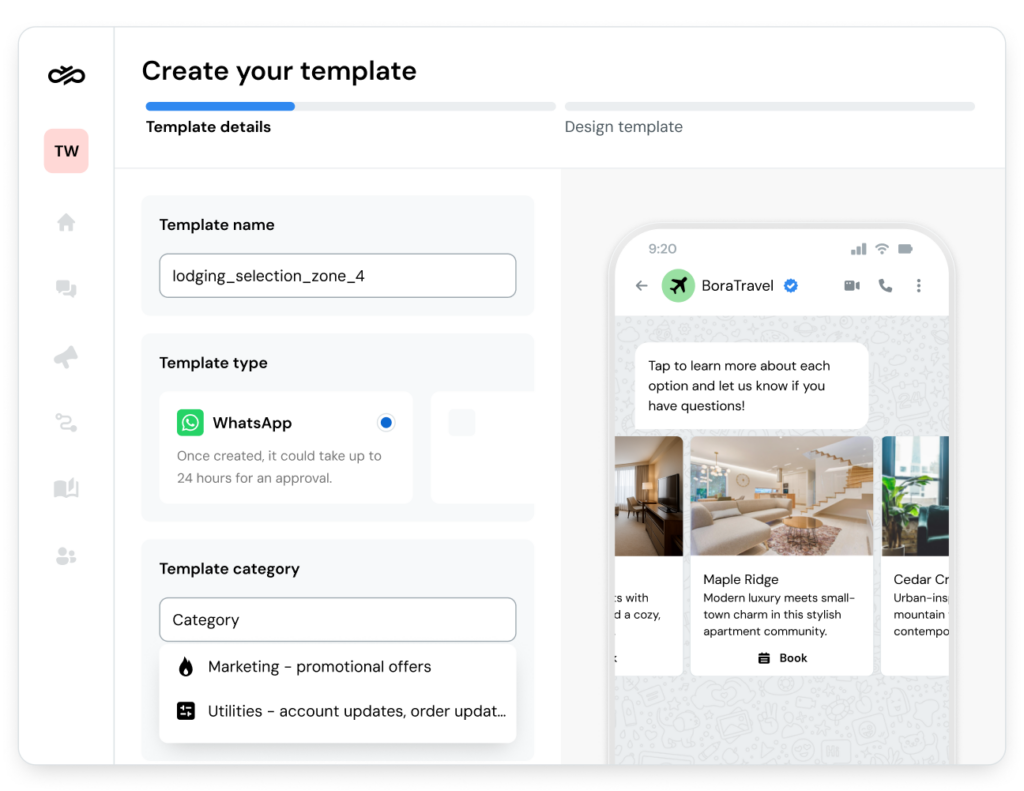
Read more about setting up a WhatsApp campaign with Sinch Engage in our detailed documentation.
WhatsApp requires Meta to approve all templates before use, but this typically takes just a few minutes. Once approved, you can reuse the same template unlimited times for your bulk messaging campaigns.
After approval, you’re ready to launch targeted, personalized WhatsApp campaigns at scale.
If you’re looking for a more customized and hands-on approach to the WhatsApp API and bulk messaging, check out the Conversation API, Sinch’s developer-friendly messaging API.
Requirements and limitations for sending bulk messages on WhatsApp
Before launching WhatsApp bulk campaigns to a large group, you need to meet specific requirements and understand platform restrictions.
Business requirements:
- Set up an official WhatsApp Business account.
- Work with an authorized WhatsApp Business Solution Provider.
- Collect active opt-ins from recipients before messaging.
- Create and get Meta approval for message templates.
- Follow WhatsApp’s policies and messaging limits to maintain compliance with WhatsApp’s guidelines.
Content restrictions: WhatsApp prohibits messages promoting firearms, alcohol, tobacco, drugs, gambling (with exceptions in some countries), adult services, multi-level marketing, and payday loans.
Read WhatsApp’s Business Messaging Policies for more details.
Compliance essentials:
- Share data privacy practices with subscribers.
- Respect opt-out requests immediately.
- Avoid spam, misinformation, and offensive content.
- Monitor messaging frequency to prevent account suspension.
Best practices for sending WhatsApp bulk messages
WhatsApp users expect personal, valuable communication. Since recipients can easily block your number or report messages as spam, every campaign needs to earn their attention.
Here’s how to create bulk WhatsApp messages that customers actually want to receive:
Send valuable content
Your WhatsApp messages compete with personal conversations from friends and family. If your content doesn’t add genuine value, recipients will quickly tune out or block your number.
Data shows that 41% of consumers are most frustrated by excessive promotional messages and over 30%+ dislike irrelevant ones. Avoid these pitfalls by sending genuinely useful content.
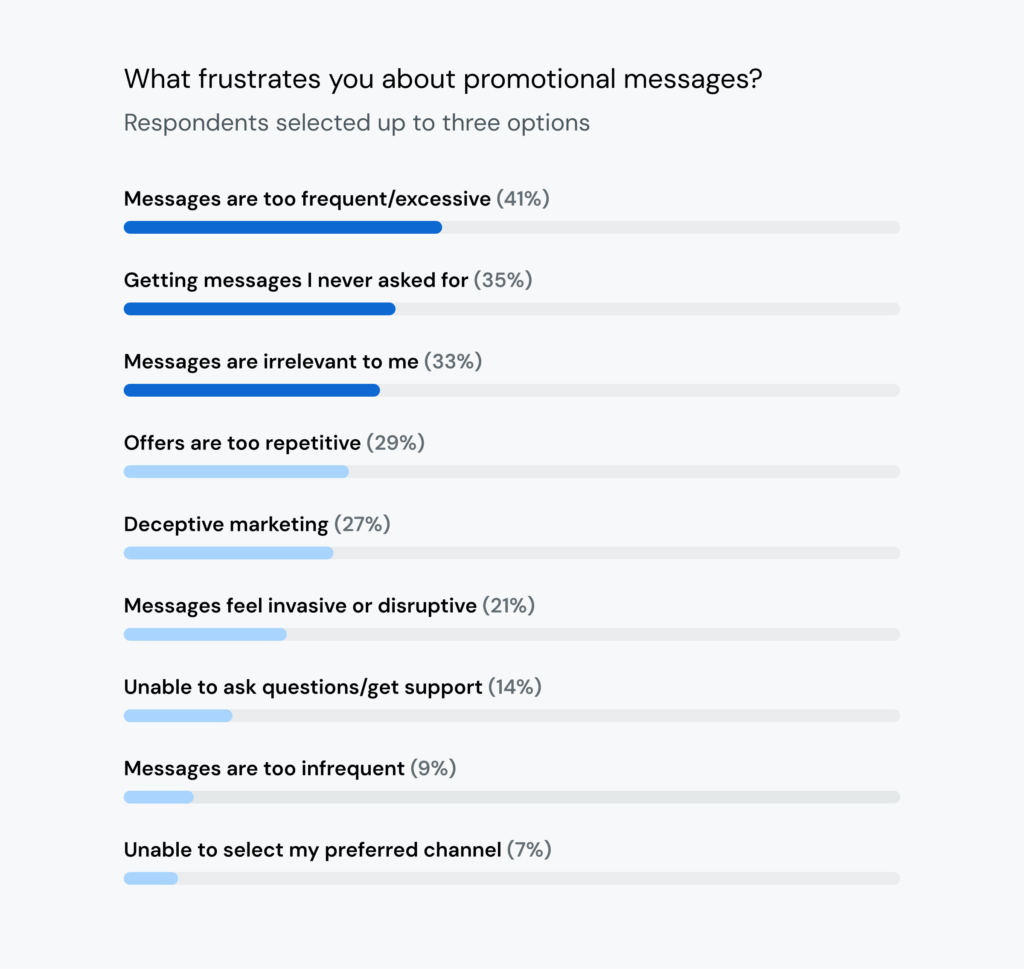
Focus on content that solves problems, provides exclusive insights, or offers meaningful benefits. This could be how-to guides, answering FAQs, insider tips, early access to products, or personalized recommendations based on purchase history.
The main goal should be to make every message worth interrupting someone’s day.
Personalize your content
Generic “Dear Customer” messages feel impersonal and spammy on WhatsApp. Use dynamic fields to include the recipient’s WhatsApp number, name, recent purchase details, or browsing behavior to make each message feel individually crafted.
Segment your audience based on demographics, purchase history, and engagement patterns. A returning customer should receive different messaging than a first-time buyer. The WhatsApp Business API makes this level of personalization possible at scale, turning bulk messages into personalized conversations.
Also remember that messaging apps are conversational, so don’t treat your customer communications like a one-way street. Even when sending out marketing messages, allow for questions, reactions, and actively engage with your audience. Otherwise, customers will soon check out of your messaging.
Get the timing right
Timing can make or break your WhatsApp campaigns. Sending messages when your audience is most likely to be checking their phones increases open rates and engagement.
Test different send times to find what works for your specific audience. Business professionals might respond better to messages during lunch hours, while retail customers often browse and shop outside work hours. Monitor when your audience typically engages with your messages and adjust your scheduling accordingly.
Include multimedia
Rich media messages get higher engagement than plain text on WhatsApp. Images grab attention in busy chat lists, videos explain products better than descriptions, and documents provide detailed information customers can reference later.
Use product photos for promotional campaigns, instructional videos for tutorials, or infographics for data-heavy content. WhatsApp supports various file formats, so take advantage of this capability to create visually-appealing messages that stand out in busy inboxes.
Analyze your results
Measuring campaign performance is essential because it shows you what’s working and what’s wasting budget. Delivery rates confirm if your messages reach inboxes, read receipts show engagement, and click-through/conversion data pinpoints which campaigns actually drive sales.
Use these insights to refine your messaging approach, optimize send times, and identify your most engaged segments. Platforms like Sinch Engage provide detailed analytics and functionality that streamline data-driven decisions for future campaigns.
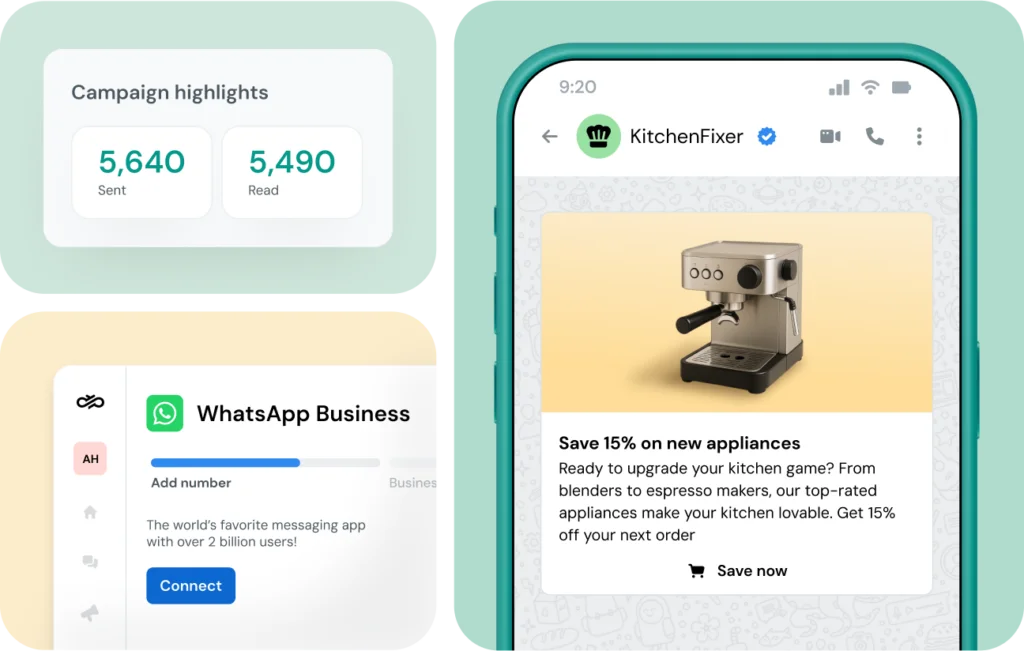
How to do WhatsApp bulk messaging the right way
Your customers check WhatsApp several times a day. Used well, bulk messaging turns everyday WhatsApp check-ins into higher sales, faster support responses, and stronger customer loyalty.
To get it right:
- Respond quickly to questions
- Share helpful info
- Only promote products that fit customer preferences
- Test small, then scale based on what works
Sinch Engage handles WhatsApp bulk messaging for thousands of businesses worldwide, with over 650 million messages sent monthly. Our platform manages message delivery, tracks responses, and ensures 100% data compliance.
Sign up for a free trial and send your first campaign within 15 minutes or reach out to our team with any questions.

